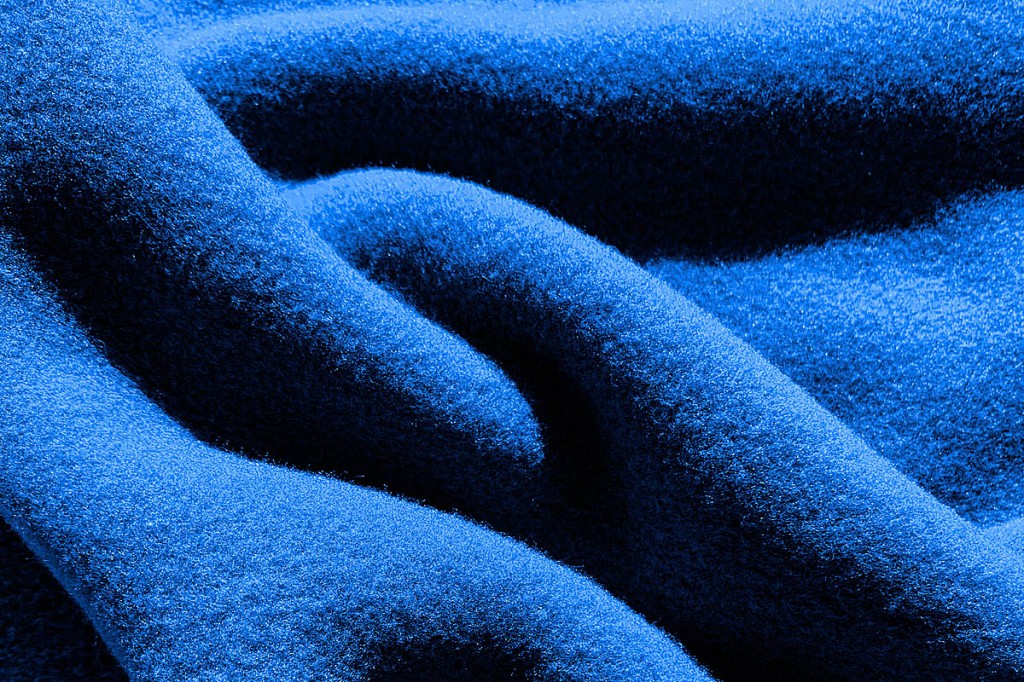Hot on the heels of its announcement on a new biodegradable recycled insulation material, PrimaLoft has unveiled its latest development: a biodegradable fabric.
Like its insulating cousin, the brand’s Bio Performance Fabric is made totally from recycled plastic.
The company said it expects both new technologies to be commercially available from autumn 2020.
President and chief executive Mike Joyce said: “From the beginning of this process, we have always considered fabrics to be a particularly important part of the development of biodegradable materials.
“With this advancement, a fabric garment may now be completely returned to nature. Because we will not compromise performance, we needed to ensure that our biodegradable fibres would stand up to the rigorous process of manufacturing fabrics, while maintaining its ability to degrade.
“This is really a new horizon, and we try to set the standards towards significantly lessening the environmental impact of the textile industry.”
The problem of microplastics in the world’s oceans is acknowledged by many as a major environmental problem and outdoors brands are becoming increasingly aware of the sector’s contribution to the pollution. PrimaLoft says its new Bio Performance Fabric showed 55.1 per cent biodegradation in 409 days under simulated accelerated marine conditions and 84.1 per cent biodegradation in 423 days in a similar test designed to simulate landfill.
PrimaLoft said its Bio fibres break down when exposed to specific environments such as a landfill or the sea. The company said it has enhanced the fibres to be more attractive to the naturally occurring microbes found in these environments. The microbes eat away at the fibres at a faster rate, returning the fabric or insulation to natural elements, it said.
“As a result, this breakthrough helps to solve the growing problem of microplastics littering the ocean, a significant issue for the textile and other industries,” a spokesperson said.
“It is estimated that half a million tons of plastic microfibres shed during the washing of plastic-based textiles such as polyester, nylon, or acrylic end up in the ocean every year, according to research from the Ellen Macarthur Foundation. PrimaLoft Bio fibres will only biodegrade when exposed to the naturally occurring microbes in landfills or bodies of water, thus, the fabric remains highly durable throughout its usable lifecycle in a garment.”
Mr Joyce said: “We never saw recycling as the final answer. We have not only been able to break the biodegradability code but we’re really setting sustainability forward.
“We try to contribute with new fibre technologies that are less harmful for the environment. This is part of our commitment to be relentlessly responsible.”
PrimaLoft said it has so far saved more than 90 million plastic bottles from landfills and transformed them into its insulation technologies. Earlier this year the brand introduced its first insulations with 100 per cent post-consumer recycled material. It said by 2020, 90 per cent of PrimaLoft insulation products will have at least 50 per cent post-consumer recycled content, without compromising performance.
